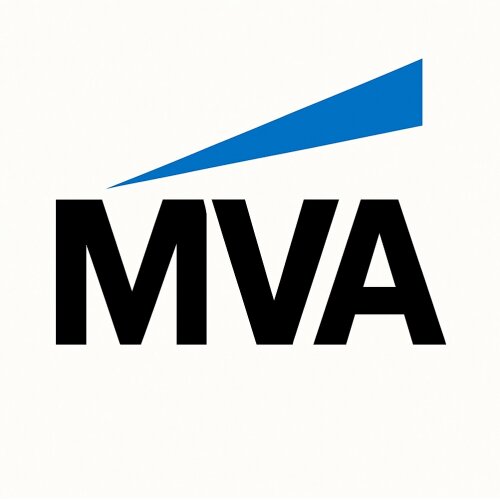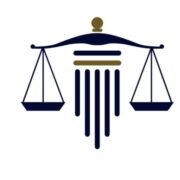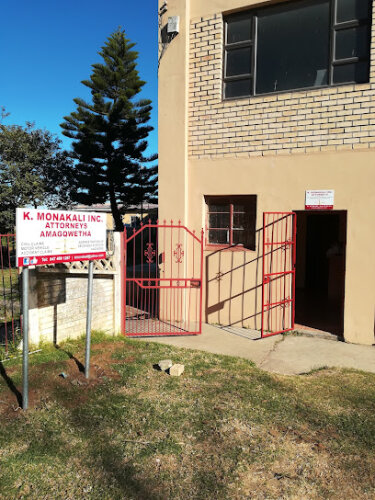Best Collaborative Law Lawyers in South Africa
Share your needs with us, get contacted by law firms.
Free. Takes 2 min.
Free Guide to Hiring a Family Lawyer
Or refine your search by selecting a city:
List of the best lawyers in South Africa
About Collaborative Law in South Africa
Collaborative Law is an alternative dispute resolution (ADR) process that allows parties to resolve conflicts without going to court. In South Africa, this approach is gaining traction, especially in family law, where disputes such as divorce, child custody, and property division can be settled outside traditional court settings. Collaborative Law involves both parties working with their respective lawyers and sometimes other professionals, such as financial advisors or therapists, to reach a mutually satisfactory agreement. This method is designed to minimize conflict and foster a cooperative environment, aiming for a resolution that respects the interests of all involved parties.
Why You May Need a Lawyer
If you are involved in a dispute and wish to avoid the adversarial courtroom process, a Collaborative Law lawyer can offer significant benefits. Collaborative Law is particularly useful in cases where parties seek to preserve relationships, such as in divorce cases where co-parenting is a future necessity. Other common situations include business disputes between partners who wish to continue working together after the issue is resolved, or any other personal relationships where adversarial litigation may cause irreparable damage.
Local Laws Overview
In South Africa, Collaborative Law is not yet enshrined as a formal legal system but is recognized as a legitimate ADR process. Legal practitioners who specialize in Collaborative Law must have proper training and agree to work within the principles of this approach, which emphasizes open communication, transparency, and mutual respect. All parties and their lawyers sign a "no court" agreement that commits them to resolving the dispute outside of court. If the process fails and litigation ensues, the collaborative lawyers must withdraw, and the parties must hire new legal representation.
Frequently Asked Questions
What is Collaborative Law?
Collaborative Law is a legal process that encourages parties to resolve disputes amicably, with the help of trained legal professionals, without resorting to traditional litigation.
How does Collaborative Law differ from mediation?
While both are alternative dispute resolution methods, Collaborative Law involves each party having a lawyer present at negotiations, whereas mediation typically involves a neutral third party helping the parties reach a resolution together.
Can Collaborative Law be used for commercial disputes?
Yes, Collaborative Law can be used for commercial disputes, especially where maintaining a working relationship post-resolution is desired.
Is Collaborative Law binding?
The agreement reached in Collaborative Law becomes binding once it is written in a legal contract and signed by all parties involved.
What happens if we can't reach an agreement?
If an agreement cannot be reached, the collaborative process ends, and parties may proceed to court with new legal representation.
Who are the professionals involved in Collaborative Law?
Professionals can include collaborative lawyers, financial advisors, mental health professionals, and coaches, all working collaboratively to facilitate an agreement.
What are the costs associated with Collaborative Law?
Costs vary depending on the complexity of the case and the professionals involved, but it can be more cost-effective than litigation due to shorter resolution times.
Is Collaborative Law private and confidential?
Yes, one of the benefits of Collaborative Law is that discussions and negotiations are kept private and confidential.
How do I start the Collaborative Law process?
To begin, both parties must agree to engage in the process and retain lawyers trained in Collaborative Law who will explain all aspects and formally initiate the process.
Can Collaborative Law be used in cases involving children?
Absolutely. Collaborative Law is often used in family law to resolve matters in a way that prioritizes the best interests of the children involved.
Additional Resources
Those interested in Collaborative Law should consider reaching out to local legal organizations such as the South African Association for Family Mediation and Collaborative Practice (SAFMC). Other resources include the Law Society of South Africa and community legal clinics, which may offer guidance and referrals to collaborative practitioners.
Next Steps
If you are considering Collaborative Law as an option for resolving your legal dispute, start by researching lawyers in your area who specialize in this method. Ensure they have the appropriate training in Collaborative Law. Gather any pertinent information about your case to discuss with your chosen lawyer. Finally, remain open to cooperation, and trust in the process to achieve a fair and amicable resolution.
Lawzana helps you find the best lawyers and law firms in South Africa through a curated and pre-screened list of qualified legal professionals. Our platform offers rankings and detailed profiles of attorneys and law firms, allowing you to compare based on practice areas, including Collaborative Law, experience, and client feedback.
Each profile includes a description of the firm's areas of practice, client reviews, team members and partners, year of establishment, spoken languages, office locations, contact information, social media presence, and any published articles or resources. Most firms on our platform speak English and are experienced in both local and international legal matters.
Get a quote from top-rated law firms in South Africa — quickly, securely, and without unnecessary hassle.
Disclaimer:
The information provided on this page is for general informational purposes only and does not constitute legal advice. While we strive to ensure the accuracy and relevance of the content, legal information may change over time, and interpretations of the law can vary. You should always consult with a qualified legal professional for advice specific to your situation.
We disclaim all liability for actions taken or not taken based on the content of this page. If you believe any information is incorrect or outdated, please contact us, and we will review and update it where appropriate.
Browse collaborative law law firms by city in South Africa
Refine your search by selecting a city.














